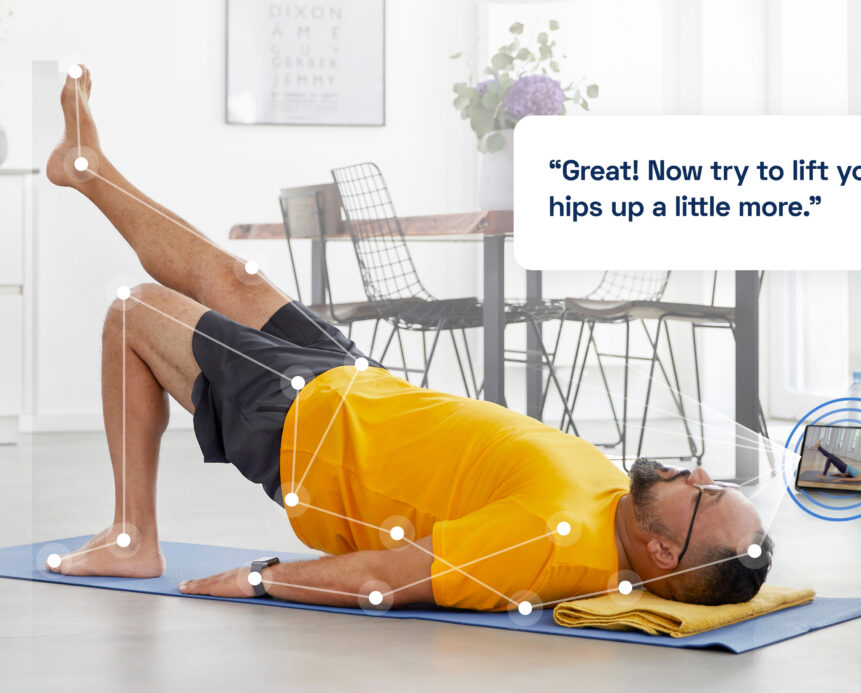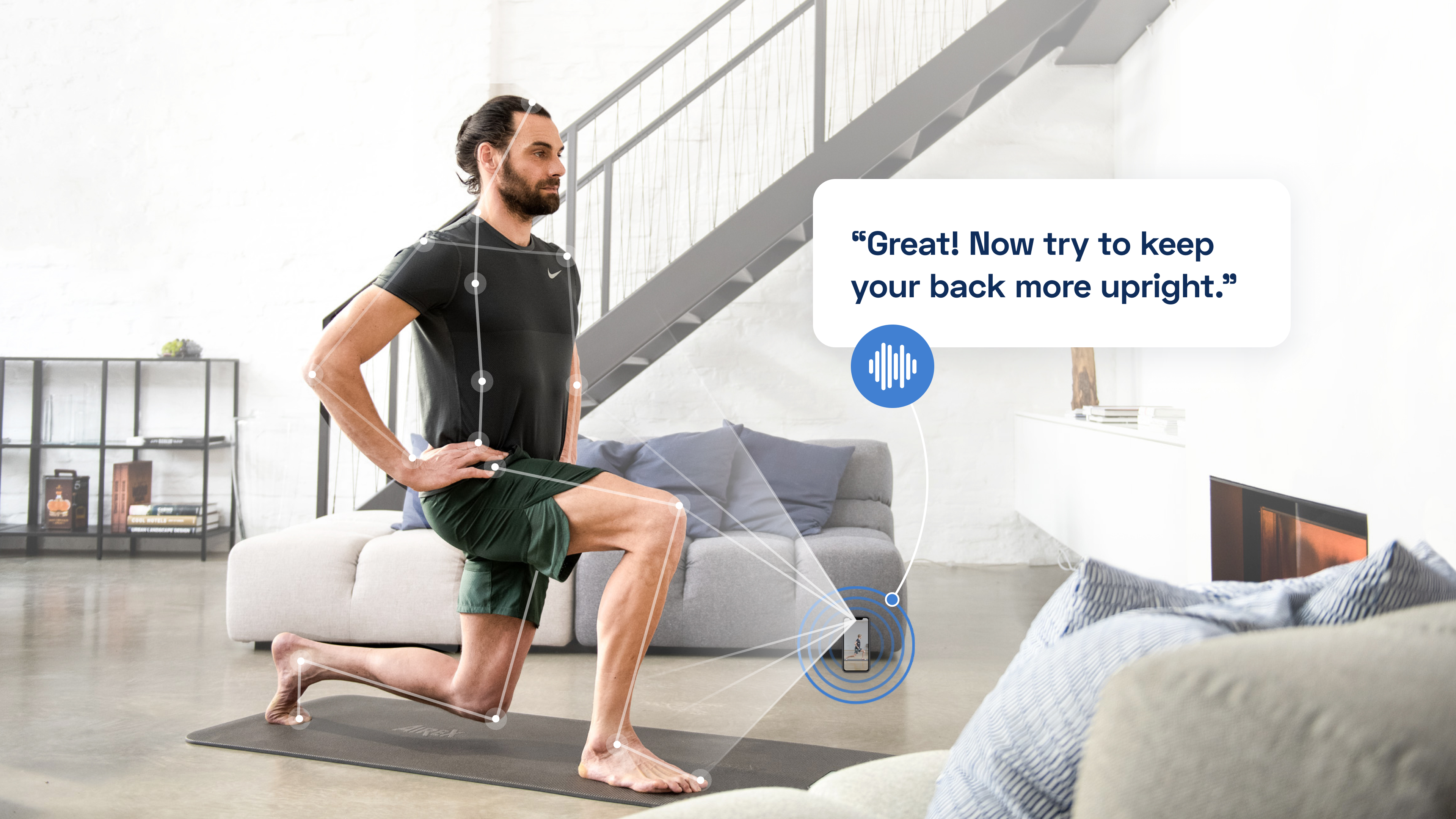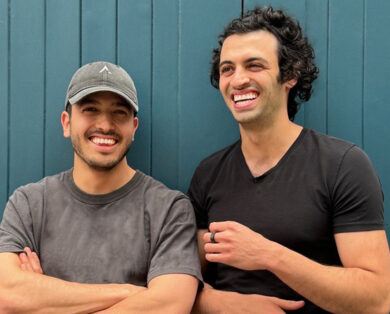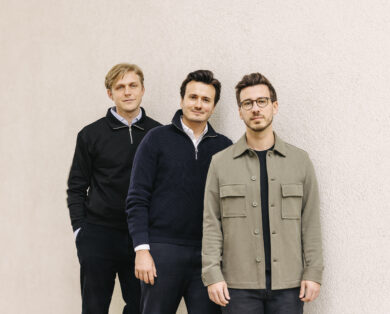- Portfolio News
- 15 July, 2024

The round was led by a growth equity fund with support from existing investors, including Optum Ventures, Eurazeo, 3VC and Balderton Capital.
Kaia Health is a digital therapeutics company that creates accessible, evidence-based treatments for a range of disorders including back pain, COPD and osteoarthritis.Balderton led the company’s Series A in 2019. Read our Partner, James Wise’s original blog here on the background behind the investment. The new funding will help the company to expand clinical capabilities, optimize the treatment path for MSK and COPD care in the U.S. and Europe, grow the commercial team, and accelerate product and partnership development.
Kaia Health offers a proven MSK solution that combines human care with superior technology to achieve better outcomes.
According to Kaia Health, one in two American adults are affected by an MSK condition, which results in $120 billion annual costs to employers. MSK conditions affect 25% of the US workforce and account for 16% of overall medical spend.2020 accelerated the demand for a digital MSK solution as in-person physical therapy hit a pandemic wall. This resulted in Kaia Health seeing 600% growth over the past year. Kaia Health is now the world’s most popular digital MSK platform, with 60 million lives covered worldwide. Its virtual physical therapy is the only technology in the MSK market to provide real-time exercise feedback and be validated for its accuracy.
MSK is the biggest health cost in the world in terms of global spend, and the number of people affected. Kaia Health is not trying to replace all therapists, but to be a part of the treatment and replicate what can be replaced with computer vision. It is saving more money for general practitioners and is convenient, especially as back issues have gone up due to people working at home and not having proper chairs.
James Wise Partner, Balderton

The Kaia Health app uses computer vision to track the body’s movements by employing the camera on patients’ smartphones or tablets and offers tips on posture and form.A previous clinical study also showed these at-home exercises could help address the physical and psychological factors of COPD by providing videos of individually tailored cardiovascular and muscle workouts, plus audio-based relaxation routines to help manage anxiety and depression.














